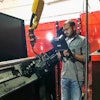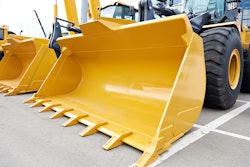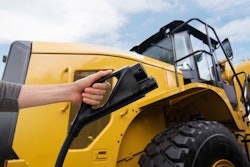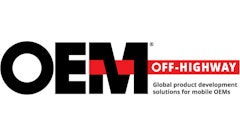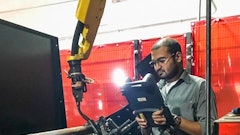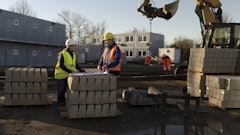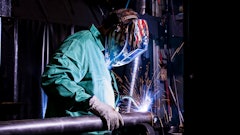
Senior Partner, Head Global Commercial Vehicles & Off-Highway Roland Berger
To assess emerging trends and the current and future OEM landscape, our team spoke with experts throughout the industry. In our conversation below, Dr. Wilfried G. Aulbur, senior partner, head global commercial vehicles and off-highway, at Roland Berger, shares his take on what's to come for the equipment manufacturing landscape.
Aulbur is responsible for Roland Berger's global Commercial Vehicle, Construction and Agricultural business. He is based in Chicago, Illiniois, and supports the firm's U.S. Automotive, Industrials, and Private Equity practices. Previously, he was managing partner of Roland Berger India, a practice he continues to support in the Automotive and Industrials space. He was also head of Roland Berger's Automotive practice in Asia, as well as the chairman of Roland Berger Middle East and Africa.
Wilfried's work includes growth strategies, mergers and acquisitions (M&A) and due diligence, operational performance improvements and technology strategies. He has served on numerous industry associations and panels, is a regular speaker at key industry events, and publishes extensively. He is a lecturer for Harvard Business Publishing and a mentor for the International Innovation Corps of the University of Chicago.
Read on for Aulbur's insights into the state of the industry.
1. What challenges most affected the mobile OEM landscape in 2023?
Several challenges had an impact on the mobile OEM landscape in 2023. Economic development was uneven across the globe with particular challenges in China from an overall volume and opportunity for Western OEMs perspective. Specific segments, such as private housing, have been affected by high interest rates and this effect will continue in 2024 with implications for smaller construction equipment. De-globalization and similar topics force a review of the production and supply landscape in an environment where there are few ready alternatives to well-developed manufacturing ecosystems in China. Political and regulatory uncertainty influences board room discussions and creates uncertainty. Remnants of COVID-19 and related supply chain as well as labor disruptions impacted flow in factories during the first part of the year, yet by and large abated towards the end of the year. Sustainability is becoming even more important for the mobile machinery industry with credible solutions emerging at the lower end of the machine spectrum. Questions around technology investment strategies are important in an environment where it is unclear which technology will ultimately be the winner in the off-highway space. Digitalization is further increasing in importance and the question of worksite automation and integration in BIM and other systems remains relevant.
2. What are your predictions for the mobile OEM landscape in 2024?
While the overall question of supply chain disruptions will likely be less of an issue in 2024, all other factors that were relevant in 2023 will still be important in 2024. In addition, we are seeing companies increase their focus in digitalization around digital threads as well as understanding the impact of generative AI on their business. With more challenging demand side situations, cost will become an area of focus across fix and variable costs. In part, this is to compensate for some of the excesses of the COVID years. It also reflects more challenging market environments and the need to create strategic freedom to invest in new technologies.
3. What factors should engineers and their companies consider when making decisions in the mobile OEM space in 2024?
In volatile times, companies that are able to simultaneously be robust and efficient are at an advantage. This requires significant trade-offs from the perspective of investment in flexibility regarding product mix, technologies, etc. vs the need to drive efficiency within functions and across end-to-end processes. In addition, companies that understand how to manage partnerships to complement capabilities and spread risk should be at an advantage in highly volatile environments.
4. What are some of your company's priorities in 2024 with regard to electrification, automation, innovation, emission reduction and/or other emerging trends?
We will continue to drive our IP development and work in all emerging technology trends to serve our customers with leading edge thought and insights in today's challenging environment.
For additional insights on the state of the industry and what's to come in 2024, click here to read more.


